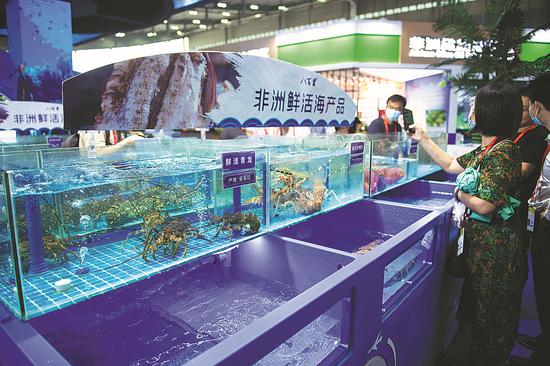
Visitors choose African seafood at the second China-Africa Economic and Trade Expo held from Sept 26 to 29. In all, 135 projects worth $22.9 billion were inked during the expo. (Photo/Xinhua)
The first phase of the mining project, which kicked off operations in October 2015, achieved full-capacity production and became profitable in April 2016.
In August 2019, the second phase of the mining project started construction, and is expected to be operational by the end of the year, with annual copper output reaching 250,000 metric tons if it runs on full capacity.
As of Aug 31, 43 contracts were signed for infrastructure projects like road, hospital, plaza and hydropower plant projects in more than 10 provincial regions in the DRC, with accumulative investments exceeding $1 billion.
Among them, the Busanga hydropower plant project in the town of Busanga, with a total investment of $656 million, is the largest infrastructure project under construction in the DRC.
The plant, which will have an installed capacity of 240 megawatts, can power for nearly 10 percent of the total electricity demand in the DRC when at full operation and will significantly contribute to the nation's economic development and the improvement of local people's lives.
China also has become Africa's second-largest agricultural export destination.
During the January-July period, China's imports from Africa grew by 46.3 percent year-on-year to $59.3 billion, while imports of agricultural products such as rubber, cotton and coffee all doubled year-on-year.
Giare B. Fernades, vice-president of the Angola-China Chamber of Commerce, said countries in West Africa near the Atlantic Ocean are rich in marine fishery resources, and many locals rely on fishing and selling seafood to feed their families.
Fernades said they have seen more Chinese businesspeople keen on importing seafood products from Africa over the past few years.
Tang Peng, who has been engaged in the African seafood supply chain business since 2016, said fresh African lobsters, for example, are at least 10 percent cheaper than Australian ones even after shipping costs. Frozen lobsters are about 20 percent cheaper when shipped by sea.
"Imported products from many African countries, including seafood, are exempt from tariffs in China," said Tang, adding that as a direct flight route from Angola to Changsha now operates, fresh African seafood will soon reach more Chinese foodies.
Tang's company subsidizes local fishermen's oil costs to fund their deep-sea fishing and purchases their catch for rough processing before shipping it to China, which gives African fishermen a more stable source of income.









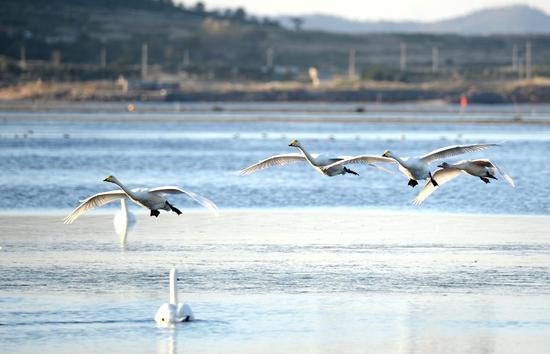





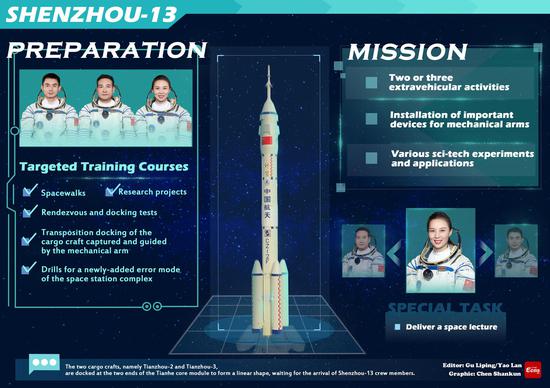
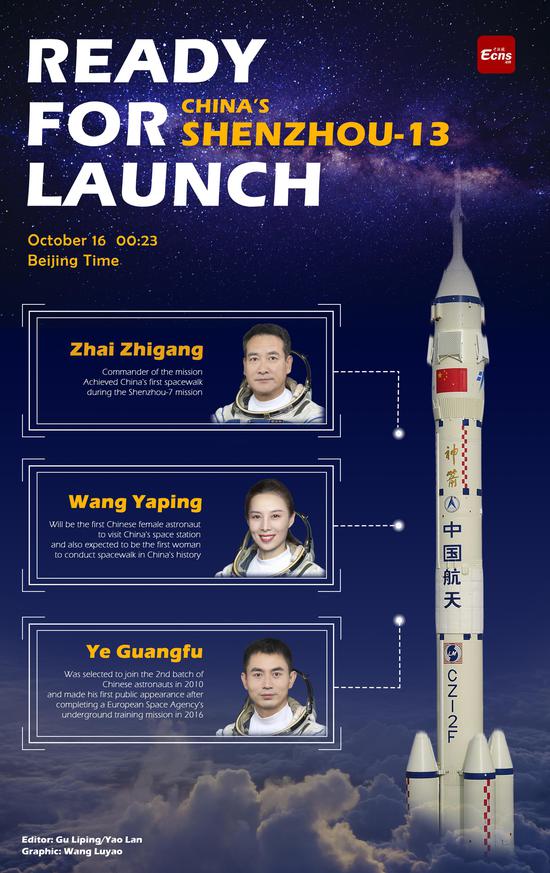


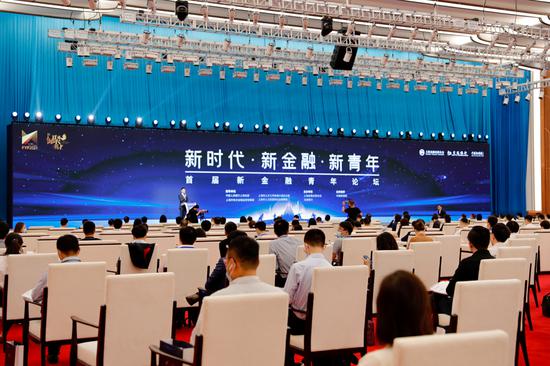



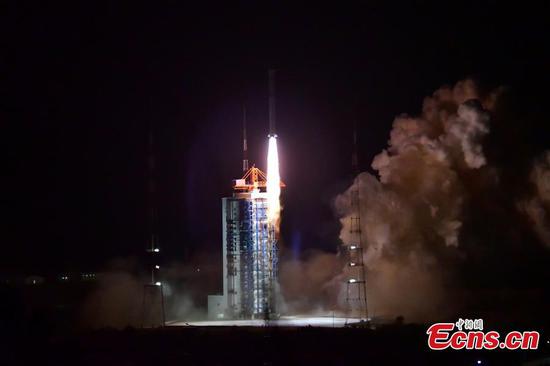

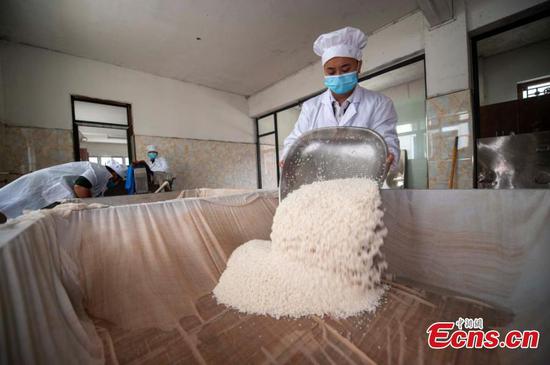
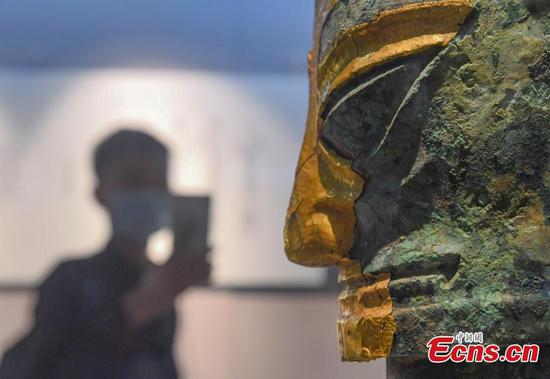


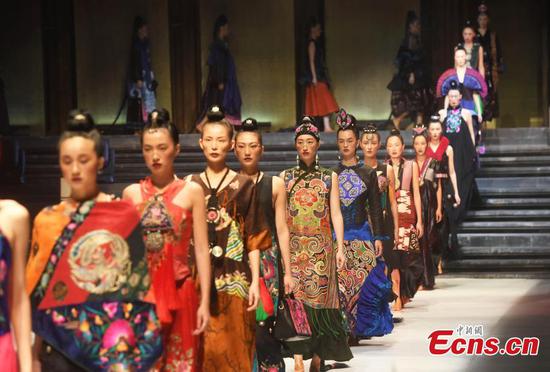
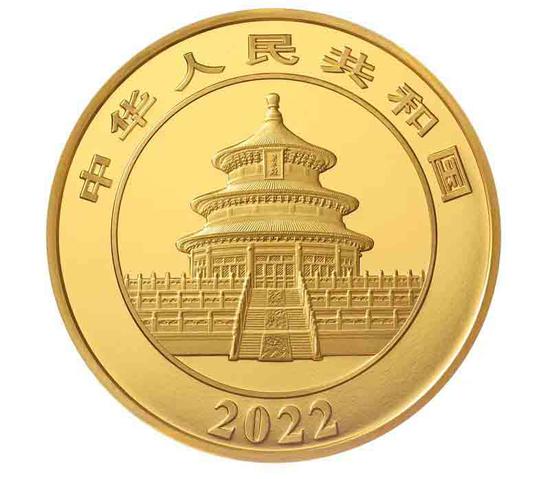

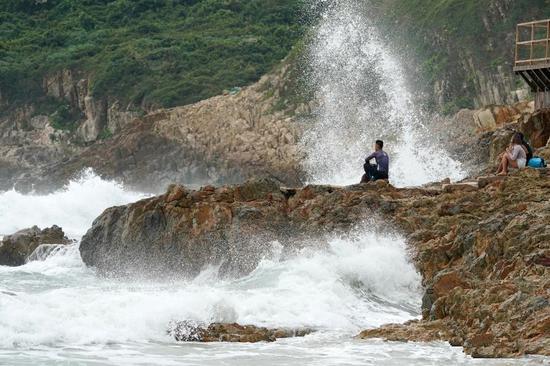


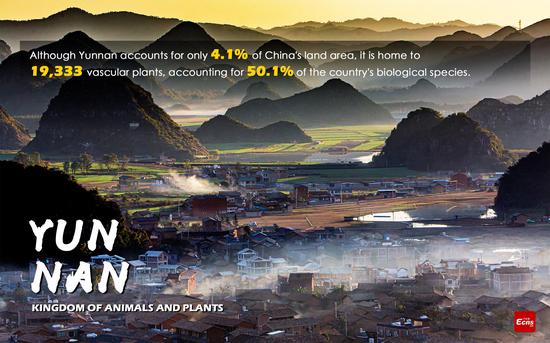
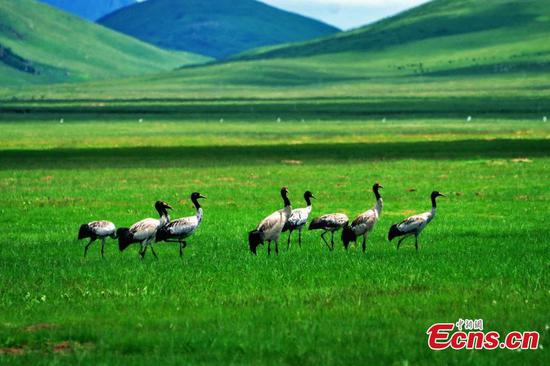


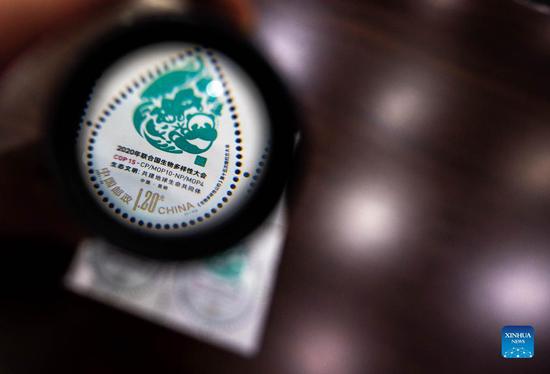


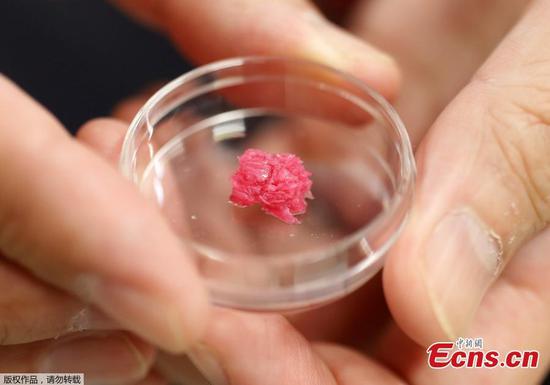
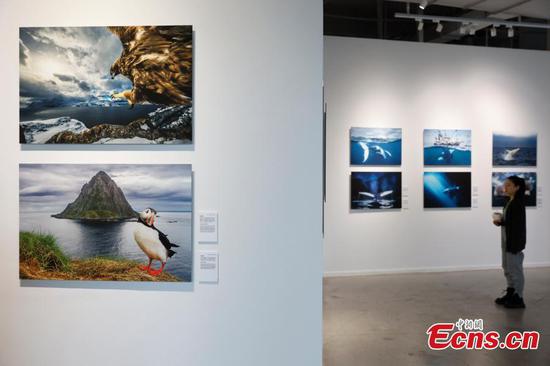
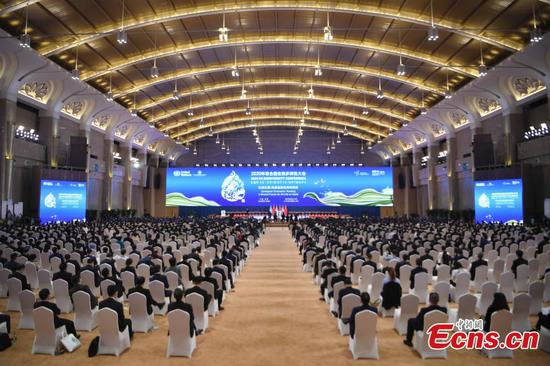





 京公网安备 11010202009201号
京公网安备 11010202009201号